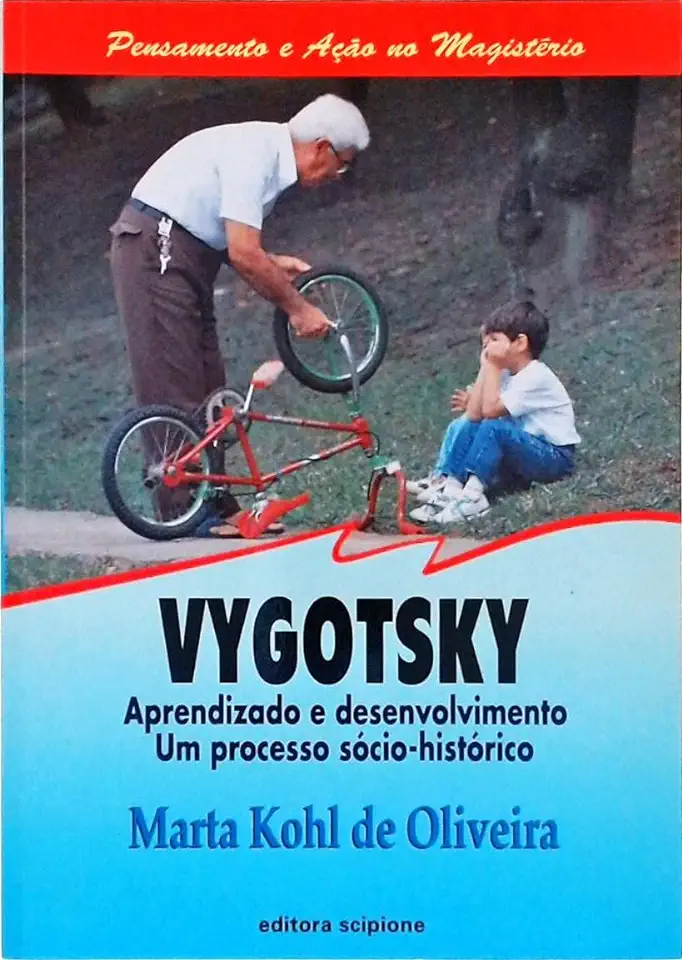
Vygotsky Learning and Development a Socio-historical Process - Marta Kohl de Oliveira
Vygotsky: Learning and Development as a Socio-Historical Process
Introduction
In this groundbreaking book, Marta Kohl de Oliveira offers a comprehensive and accessible introduction to the work of Lev Vygotsky, one of the most influential thinkers in the field of psychology. Vygotsky's socio-historical theory of learning and development has revolutionized our understanding of how children learn and develop, and it continues to inspire educators and researchers around the world.
Vygotsky's Life and Work
Lev Vygotsky was born in 1896 in Orsha, Belarus. He was a brilliant student, and he quickly rose to prominence in the field of psychology. In 1924, he published his seminal work, "Thought and Language," which laid the foundation for his socio-historical theory of learning and development. Vygotsky died in 1934 at the age of 37, but his work has had a profound impact on the field of psychology and education.
The Socio-Historical Theory of Learning and Development
Vygotsky's socio-historical theory of learning and development is based on the idea that human beings are social creatures who learn and develop through their interactions with others. He argued that learning is not simply a matter of acquiring knowledge, but also of developing the skills and abilities that allow us to participate in our culture.
Vygotsky identified two key concepts that are essential to understanding learning and development: the zone of proximal development and scaffolding. The zone of proximal development is the range of tasks that a child can perform with assistance from a more skilled person. Scaffolding is the process by which a more skilled person provides support and guidance to a child as they learn new skills and abilities.
Implications for Education
Vygotsky's socio-historical theory of learning and development has a number of implications for education. First, it emphasizes the importance of social interaction in learning. Children learn best when they are actively engaged with others in meaningful activities. Second, it highlights the role of culture in learning. Children's learning is shaped by the cultural tools and practices that they are exposed to. Third, it suggests that learning is a lifelong process. We continue to learn and develop throughout our lives as we interact with others and participate in new activities.
Conclusion
Vygotsky's socio-historical theory of learning and development is a powerful framework for understanding how children learn and develop. It has revolutionized our understanding of the role of social interaction, culture, and lifelong learning in human development. This book is an essential read for anyone interested in learning more about Vygotsky's work and its implications for education.
Why You Should Read This Book
If you are interested in learning more about how children learn and develop, then this book is a must-read. Vygotsky's socio-historical theory of learning and development is a powerful framework for understanding how children learn and develop. It has revolutionized our understanding of the role of social interaction, culture, and lifelong learning in human development.
This book is an essential read for anyone interested in learning more about Vygotsky's work and its implications for education. It is also a valuable resource for parents, teachers, and anyone else who works with children.
Order Your Copy Today!
Vygotsky: Learning and Development as a Socio-Historical Process is available now from your favorite bookseller. Order your copy today and start learning more about how children learn and develop!